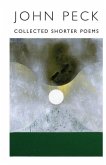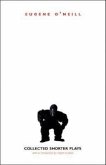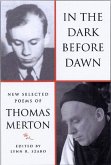If the invention of literary modernism is usually attributed to James Joyce, T. S. Eliot and Ezra Pound, it was Pound alone who provided (in Hugh Kenner's words) "the synergetic presence") to convert individual experiment into an international movement. In 1926 Pound carefully sculpted his body of shorter poems into a definitive collection which would best show the concentration of force, the economy of means, and the habit of analysis that were, to him, the hallmarks of the new style.This collection, where Pound presented himself in a variety of characters or "masks," was called Personae. In 1926, Personae's publication gave solidity to a movement today the work stands as one of the classic texts of the twentieth century. Pound scholars Lea Baechler (of Columbia) and A. Walton Litz (Holmes Professor of English Literature at Princeton) have prepared a corrected text and supplied an informative "Note on the Text" explaining both Pound's original criteria for his selection and the volume's subsequent history.








